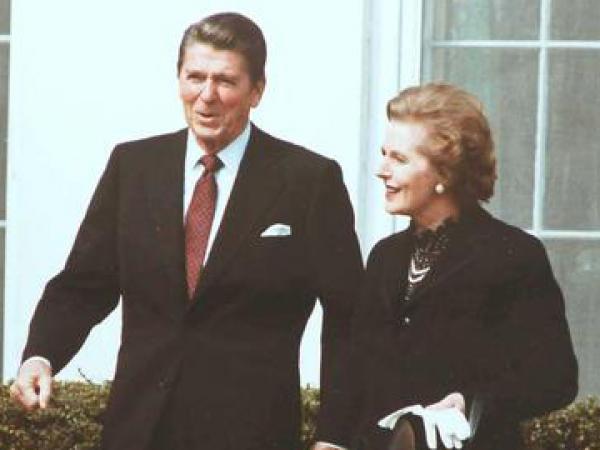Time to learn from Thatcherism & its origins

From a trade union viewpoint, Margaret Thatcher will never be mourned. But her impact on global politics and economics cannot be denied. She rode the crest of a wave of liberal economic policies that swamped the consensual balance of the post World War Two years. In the process, she highlighted as few have done before or since, the inherently hostile relationship between labour and capital.
She was an unabashed class warrior who stood on the side of the rich and powerful and who despised and patronised, in equal measure, those who labour to create wealth. So it is scarcely surprising that Cosatu, after the usual expressions of condolence, noted that she “elevated greed and self-centredness to a principle”.
The National Union of Mineworkers was even more blunt, noting that Margaret Thatcher waged and led “a relentless class war against the working class and the poor”. But this legacy, dubbed “Thatcherism”, lives on, in South Africa and elsewhere. We ignore it or blindly laud it at our peril
This is because we all have much to learn from the the so-called “Thatcher era” and the circumstances in which it emerged. As such, we would do well to harken to words such as those from a Welsh miner of an almost bygone age.
It was he who noted, in 1984, as the great miners’ strike in Britain got underway: “If we lose this strike, Britain will never be the same again.” With his calloused hands hanging by his sides, his muscular frame stooped by years of hard labour, he spoke those prophetic words with firm conviction. As well he could, for his own bitter experience extended to Britain’s general strike of 1926 followed by years of Depression-era joblessness as a blacklisted striker.
He, like so many others, had hailed the nationalisation of the loss-making coal mines in 1947, a measure not strongly resisted by the mine owners who negotiated substantial compensation. For much of the labour movement, it was an act epitomised by an historic photograph of miners erecting a sign: “This mine now belongs to the people.” It did not. It belonged to the state and operated on the same competitive principle as before.
In 1984, the old miner was recently retired, but many of the younger miners on strike in that year are still alive today and were in his audience. They will be among the many who will not mourn the passing of Margaret Thatcher. Her policies, promoted by her all-male cabinet — “she was the only one with the balls to do it,” was one wry comment — effectively destroyed one of her country’s most powerful unions and, along with it, Britain’s coal mining industry.
She and President Ronald Reagan of the United States became associated most closely with the “trickle-down” theory of economics, the idea that if the rich become richer, more wealth will trickle down to the poorer layers of society. But wealth here is equated merely to monetary profit.
Next: “I just want to go back to South Africa. I miss it so much.”
Previous: We interview Thabo Nthethe

This article is licensed under a Creative Commons Attribution-NoDerivatives 4.0 International License.


